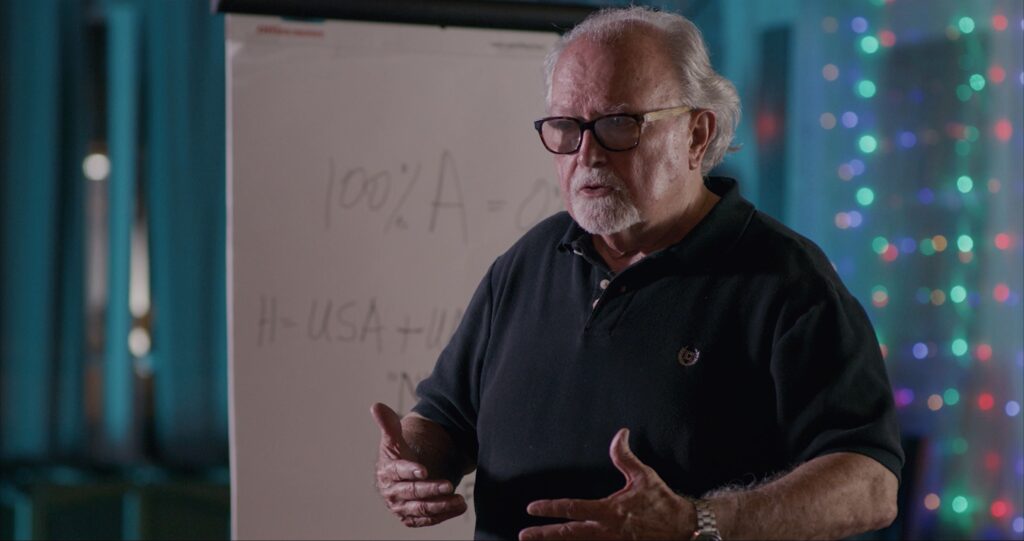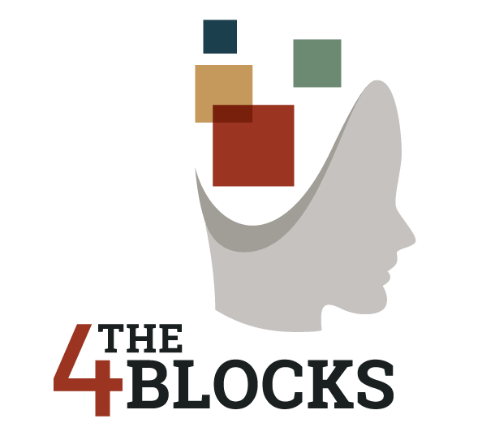Depression and anxiety disorders have become an epidemic in this country. With 300 million depressed worldwide and 16 million people depressed in America alone, it begs the questions: Why are we all so depressed? Where does depression come from? And how can we begin addressing this global issue?

Why do I have depression?
According to Psychologist Dr. Vincent Parr, there are three factors that create the conditions for Depression to take place.
- Genetic Conditioning: The study of epigenetics has proven that every experience you have mutates your genes, and not just for you, but for your children as well. This means that if your grandparents had depression, and your parents had depression, your genetic biological make-up might be expecting and preparing for depression to take place. This is not a permanent life sentence, it is merely a set of conditions that makes the probably more likely that you will fall into a depressive state than say an anxiety state.
- Environmental Conditioning: This is the “nurture” have the old
Nature vs. Nurture” debate. Environmental conditioning refers to early childhood development. This includes being exposed to anger, violence, or trauma during developmental years which can cause all sorts of issues later in life like addiction, anger management problems, anxiety, guilt and depression, paranoia, and in some cases can trigger even worse conditions like schizophrenia or sociopathy. Environmental conditioning also refers to the belief systems we are taught and the culture we are brought up in. Environmental factors can also include hormonal disruptors that mess with our regular function. Environmental conditions can even be other physical ailments or disease that make us feel that we are helpless and our life is hopeless. If the environmental conditions and the genetic pre-conditions are in alignment, there is a high probability that depression will take place. Nature and nurture can work together to create depression. Now these two conditions (genetics and environment) can set up the depression, but there is a third factor that must take place in order for Depression to occur. - Self Conditioning: self conditioning is the 60,000 sentences that take place in your head every day. The Buddhists called this the Monkey Mind, Dr. Parr calls it the Narrator, or sometimes the 95 Maniacs, but no matter what you call it, it’s the voice (or voices) in your head that interpret the way you perceive the world, other people and your Self. It’s your internal dialogue that never stops; it’s ruminating all day long. This is the story in your head about your life, and this is where depression really takes place, because a feeling is not created by genes or bad luck, an emotion like depression can only be created by thinking. Thinking creates emotions, belief + emotion creates your behavior.
The Self Talk: So when the conditions of your life are stacked against you (or anyone), your self talk often becomes the path to depression that Dr. Parr has observed repeatedly over 50 years. The genetic and environmental conditions don’t create the emotion itself, they are only the conditions that set up the thought pattern. It’s thinking that causes feeling, and the combination of both creates your behavior. Depression is created primarily by thinking habits over time.
So is there a specific thought pattern that creates depression? According to Dr. Parr, there is, and we all create Depression with the exact same formula. A formula is basically a recipe, x ingredients creates y. Think this way, feel depression. He observed over 50 years of clinical therapy that the exact same belief was creating depression for every individual patient. So what can be done about it and how can we better manage depression?
“Everybody wants a quick fix. There is no quick fix. You have to break cognitive habits, over time. You have to find the [depression] formula in your thinking and dispute it, then replace it with new, rational beliefs. This is a process that takes time. You didn’t get depressed overnight, you don’t get better instantly. But you CAN improve instantly; how much progress you make and how quickly you get better is up to you and how hard you’re willing to work to change.”
So how do we address this as a global issue when the individual experience of depression is so personal?
Dr. Parr’s response was to teach a process of overcoming Depression through a video and animation program that he has recently launched online on ‘the4blocks.com.’
His mission is to turn this program not only into a curriculum for students in the school system, but to get it translated and distributed worldwide so that people all over the world can work on managing their depression in their own way.
He claims that the internet changes the game for how people can approach therapy in the modern world. Through videos, animations, and self-directed practice, people can learn to manage their own mental health through his formulas. This provides a new alternative to those who cannot afford therapy or medications, or for those who are looking for natural ways to overcome their depression.
Learn more about how Dr. Parr’s equations can help you manage your depression on his website, the4blocks.com.

